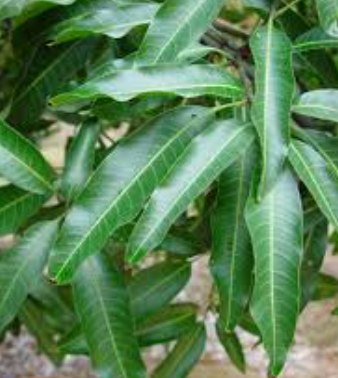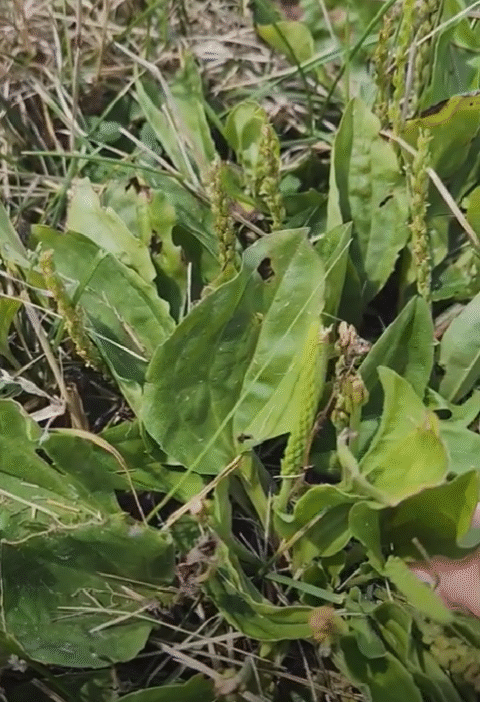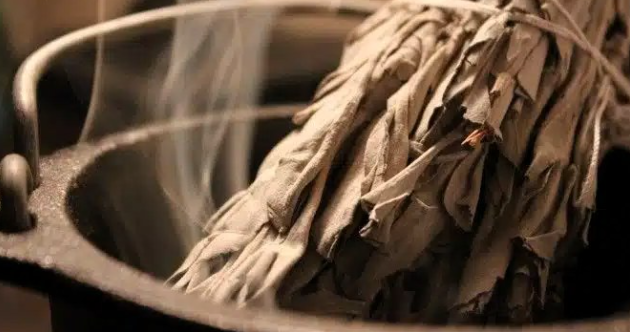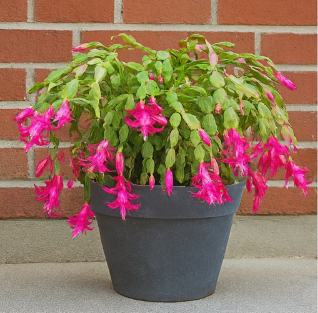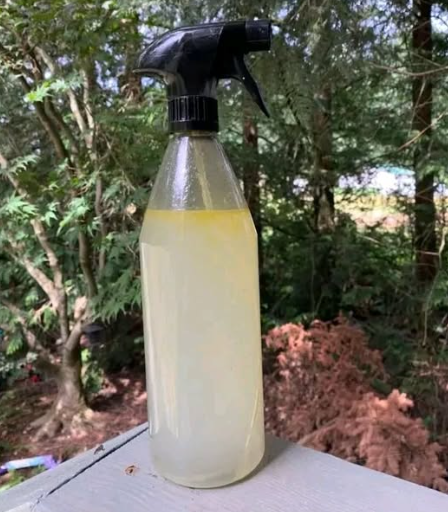Unlocking the Hidden Power of Mango Leaves: 30 Incredible Benefits and DIY Uses 🌿🥭
Mango leaves, often overshadowed by the fruit’s juicy sweetness, have been revered for centuries in Ayurvedic, Chinese, and traditional folk medicine. These vibrant green leaves are packed with potent antioxidants, vitamins, and bioactive compounds such as mangiferin, which contribute to their wide-ranging health benefits. In this article, we explore 30 scientifically supported benefits and DIY uses of mango leaves, complete with expert insights, safety tips, and easy recipes you can try at home.
🌱 Nutritional Profile of Mango Leaves
According to Dr. Leila Nour, PhD in Herbal Medicine, “Mango leaves are rich in phenolic compounds, flavonoids, and essential micronutrients that support the immune system, regulate metabolism, and reduce inflammation.”
| Nutrient/Compound | Amount (per 100g dried leaves) | Health Benefit |
|---|---|---|
| Vitamin C | 15 mg | Boosts immunity & collagen production |
| Vitamin A | 2000 IU | Supports eye health |
| Mangiferin | 3–5% | Anti-inflammatory & antioxidant |
| Polyphenols | High | Protects cells from oxidative damage |
| Dietary Fiber | 12 g | Supports digestion & weight control |
💪 30 Incredible Benefits of Mango Leaves
1. Supports Respiratory Health
With expectorant and anti-inflammatory effects, mango leaves help ease breathing difficulties in asthma and bronchitis patients.
2. Regulates Blood Sugar Levels
Rich in tannins and anthocyanidins, mango leaves help improve insulin sensitivity and reduce sugar absorption, aiding diabetes management.
3. Aids Weight Management
The enzymes and fiber in mango leaves help speed up metabolism and curb appetite naturally.
4. Improves Digestion
They stimulate digestive enzymes, reduce bloating, and ease constipation.
5. Boosts Immunity
High antioxidant content helps fight free radicals, strengthening the immune system.
6. Reduces Stress and Anxiety
Mango leaf tea balances cortisol levels and promotes relaxation.
7. Supports Heart Health
Compounds in mango leaves improve blood circulation and reduce LDL cholesterol.
8. Heals Burns and Wounds
Applying cooled mango leaf infusion helps promote faster healing.
9. Protects Eye Health
Rich in Vitamin A, mango leaves help prevent night blindness.
10. Improves Skin Glow
Antioxidants in mango leaves help reduce acne and pigmentation.
11. Supports Hair Growth
Mango leaf rinse strengthens follicles and reduces hair fall.
12. Anti-Aging Benefits
Polyphenols protect skin cells from premature aging.
13. Regulates Blood Pressure
Helps relax blood vessels and improves circulation.
14. Relieves Toothache
Chewing fresh leaves or using them in mouth rinses eases dental pain.
15. Reduces Inflammation
Effective for arthritis and joint pain relief.
16. Natural Detoxification
Helps flush toxins from the body through improved kidney function.
17. Improves Sleep Quality
Warm mango leaf tea promotes deeper, restful sleep.
18. Helps Manage Kidney Stones
Compounds help dissolve small stones and support urinary health.
19. Controls Excessive Thirst
Useful for diabetic patients to manage polydipsia.
20. Supports Liver Health
Protects the liver from oxidative damage.
21. Fights Bacterial Infections
Natural antibacterial compounds fight harmful pathogens.
22. Improves Bone Strength
Rich in minerals that support bone density.
23. Reduces Menstrual Cramps
Tea made from mango leaves can soothe abdominal pain.
24. Supports Cognitive Function
Polyphenols support memory and brain health.
25. Prevents Anemia
Contains iron and aids in hemoglobin production.
26. Improves Gut Microbiome
Feeds healthy gut bacteria, improving digestion.
27. Supports Fertility
Helps balance reproductive hormones naturally.
28. Acts as a Natural Insect Repellent
Dried mango leaves repel mosquitoes and flies.
29. Reduces Cholesterol
Helps lower LDL and raise HDL cholesterol levels.
30. Speeds Up Recovery After Illness
Nutrient-rich tea restores energy and vitality.
🍵 DIY Mango Leaf Recipes & Uses
1. Mango Leaf Tea
- Boil 5–7 fresh mango leaves in 2 cups of water for 10 minutes.
- Let steep, strain, and drink warm.
2. Skin-Toning Face Wash
- Boil mango leaves, cool, and use the water as a morning rinse.
3. Hair Rinse for Growth
- Boil leaves, cool, and use after shampoo to strengthen hair.
4. Natural Mouthwash
- Boil leaves and gargle with the infusion for gum health.
❓ 10 Frequently Asked Questions
- Can mango leaves be eaten raw? Yes, but most prefer them as tea or infusion due to their bitter taste.
- Are there side effects? Generally safe, but excessive intake may lower blood sugar too much in diabetics.
- Can pregnant women use mango leaves? In moderation, yes, but consult a doctor first.
- How often should I drink mango leaf tea? 3–4 times a week is ideal for most adults.
- Can I use dried mango leaves? Yes, they retain most of their medicinal properties.
- Do mango leaves help in weight loss? Yes, they boost metabolism and reduce cravings.
- Can children consume mango leaf tea? Only in mild amounts under supervision.
- Do they help with skin problems? Yes, they reduce acne, pigmentation, and inflammation.
- Are mango leaves good for hair? Yes, they strengthen hair roots and reduce dandruff.
- Where can I get fresh mango leaves? From mango trees, nurseries, or herbal markets.
Prof. Mark Benson, Botanist, notes: “While mango leaves are safe for most people, those on blood sugar or blood pressure medication should monitor levels closely.”
By incorporating mango leaves into your lifestyle, you’re not just embracing tradition—you’re tapping into a centuries-old natural pharmacy that supports holistic health.
